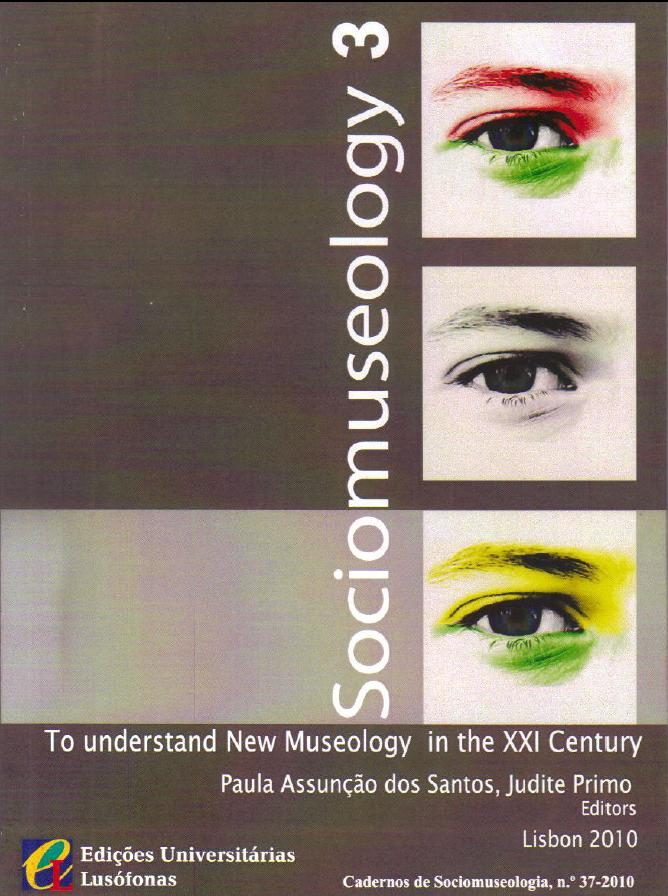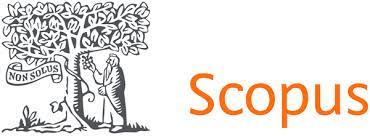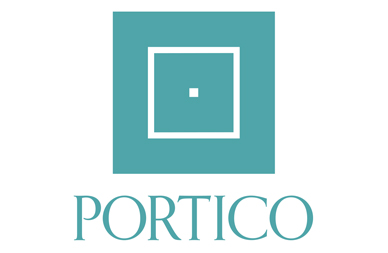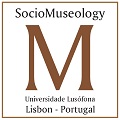Transformative Museology
Abstract
Rebecca Weldon
“…we have to take into account the fact that museology and museums are two completely different things.” Martin R. Shärer[1]
In the 20th century, growing populations produced a growing body of heritage. The transmission of this heritage to succeeding generations coalesced into three major modern institutions: universities, library/archives and museums. Traditional systems of social and cultural memory had become overloaded and therefore evolved conceptually. This evolution took place within the primary context of a naturally occurring museology through the process I call museogenesis.
The term museogenesis refers to the origin and development of museological thought in a specific cultural context. By museological thought, I refer to ideas and theories surrounding the parameters of “the natural and cultural heritage, the activities concerned with the preservation and communication of this heritage, the institutional frame-work, and society as a whole” (Mensch 1992). This broadly inclusive definition relates museology to another broadly defined concept: cultural context. By cultural context, I refer to the “webs of significance and systems of meaning which is the collective property of a group” (Geertz 1973).
[1] ICOFOM Study Series – ISS 34, 2003, ISS 34_03.pdf, p.7
Downloads
Authors retain copyright and grant the journal right of first publication with the work simultaneously licensed under aCreative Commons Attribution License that allows others to share the work with an acknowledgement of the work's authorship and initial publication in this journal.













